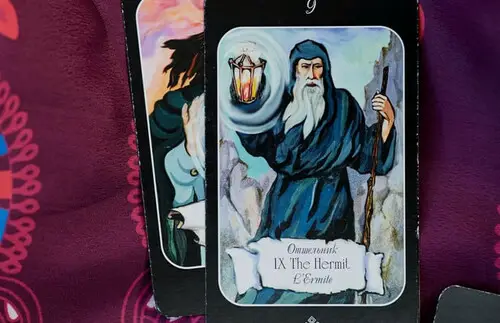If you like reading about philosophy, here’s a free, weekly newsletter with articles just like this one: Send it to me!
Welcome to Daily Philosophy! I am very happy to have you here, because I’ve been a devoted reader and fan of your Hermitary website for many years. Now, before we go into the details of hermit life, I’d like to get to know the person behind the Hermitary a little bit better. Would you mind telling us a bit about yourself? Where do you come from and what is your professional background?
Thank you! Thanks for your kind words. The Hermitary website is entirely my effort, since its inception in 2002. From the outset I used a pseudonym, and only use my real name now that I am launching a book, The Book of Hermits. I was born in the United States. My ancestry is partly Caribbean (Puerto Rico and Cuba) and partly Spain (specifically Asturias). I pursued history and philosophy at university and became a librarian in universities and colleges for some forty years until retiring. I identify with the Spanish writer Azorín’s self-description of being a pequeño filósofo, a minor, or insignificant, philosopher.
Have you ever considered taking up a hermit’s life yourself? Or have you had any experience with any facets of hermit life? Is there any biographical root to your fascination with hermits?
My wife and I married nearly fifty years ago. As the poet Rilke said, “Love consists of this: two solitudes that meet, protect and greet each other.” I also like the story of the ancient Chinese couple Meng Guang and Li Hong, who reclused to the mountains together. Meng Guang was an exemplary woman who prodded her husband to reclusion, and the Tang poet Po Chū-i praised his own wife as “my Meng Guang.” We live in a tiny house among mountains and forests in Vermont. We have two adult sons.
The psychologist Jung first identified introversion and extraversion and described psychological types in great detail. The interior life — which draws a person to the hermit life — is a complex but definite influence on me, fed by intellectual sources. As an adolescent, already something of a solitary, I suffered a brain tumor and surgery that resulted in a year out of school that convinced me to pursue a life of learning and reflection. I suppose my hermit interests began there, too.
It seems to me that there’s something contradictory in publicly promoting hermeticism. One would imagine that hermits would prefer to stay out of the light of public attention. Yet here you are, making a website about them and writing a book about hermits. What was it that initially put you on the path to …
Read the full article which is published on Daily Philosophy (external link)





